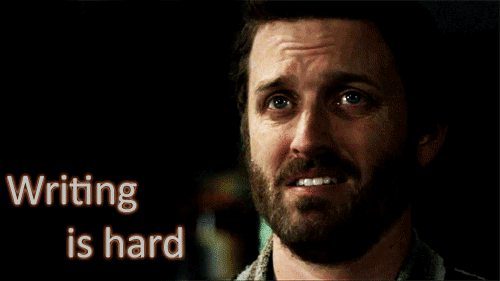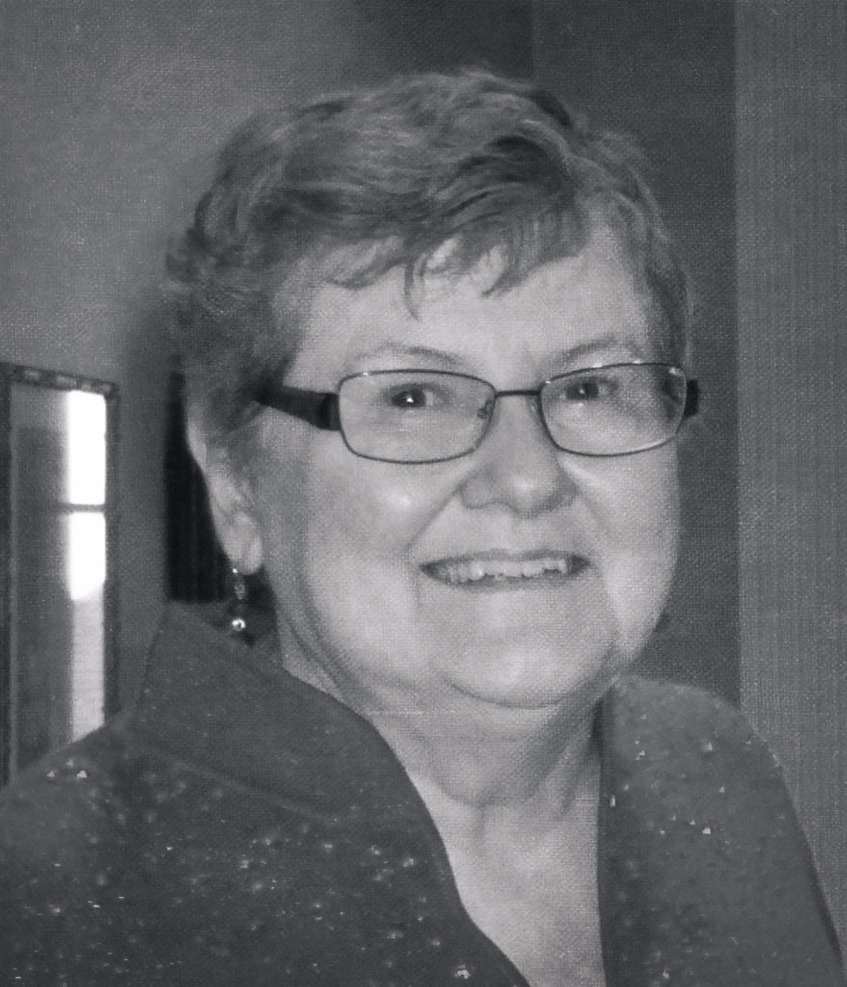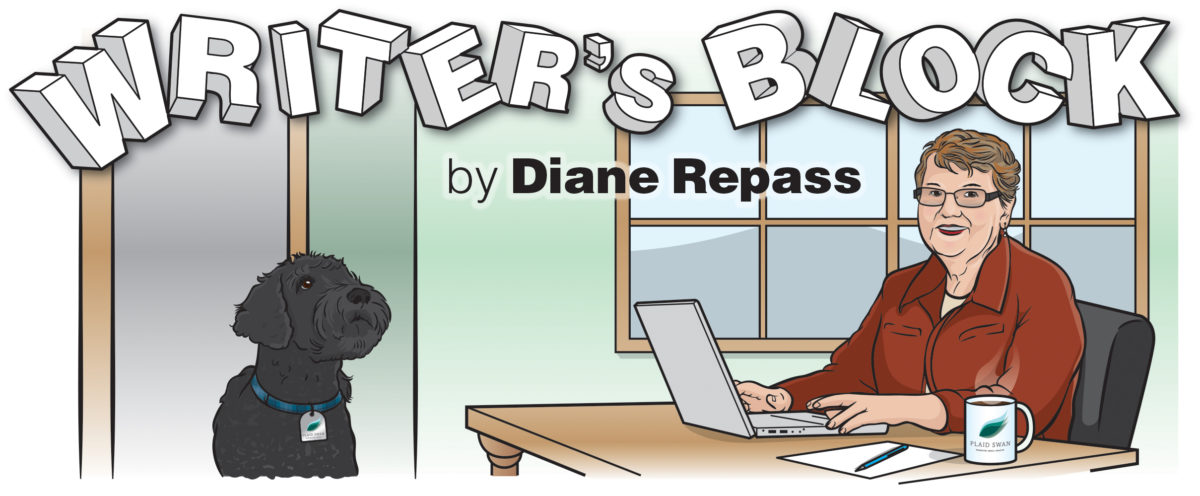Coping with Writer’s Block
Recently, I wrote an article which took more time than it should have based on the topic and the length of the final creation. Usually when I write, I do some research/reading, put together an outline, and finally sit down and write. This time I did some research and tried to put together an outline with some detail, but it just wasn’t coming. So, I did some more research and then some more. I came up with an unsatisfactory plan but decided to try to write on some of the internal details and hope that the beginning, ending, and most important details would follow. It just didn’t work. I was stuck. The last number of months I have been doing a great deal of writing, but this was the first time that I had experienced writer’s block to this degree. At the time, I did not read about writer’s block and what it was or what I could do, but after finally finishing the project (with some good advice from a trusted friend), I decided to read about the causes and cures for this problem to be more proactive should it ever happen again.

www.theodysseyonline.com
Merriam-Webster defines writer’s block as “a psychological inhibition preventing a writer from proceeding with a piece.” The term “writer’s block” was first used in about 1949 by a psychiatrist named Edmund Bergler. He said that it wasn’t a matter of being out of inspiration or “lack of external motivation.” Rather, the writer is psychologically blocked and requires therapy (Maria Konnikova). Other psychologists’ research in the 1970s and 80s came up with similar conclusions, saying that writers were just unhappy, but suggested a series of exercises rather than therapy.
TJ Philpott lists “5 Common Causes of Writer’s Block: fatigue, anxiety, distractions, pressure, and self-doubt.” He suggests that identifying the cause can lead to unblocking the creative flow. David Taylor has also written about some of the causes, listing fear as a common cause. That can mean fear of not writing something significant or credible (my problem), not being able to match previous successes in writing, or not having had former editors (teachers or bosses) highlight the strengths in your work.

www.tenor.com
It may be that you cannot identify the cause, so you may need to move on to trying one or more of the many suggestions writers have made about dealing with the problem.
Just write. Getting ideas down on paper is a major step in starting the actual writing process. So, start writing anything; it can be a list of points that are roaming around in your head or random thoughts about a topic. Anne Lamott, author of the writing manual Bird by Bird, says, “I encourage my students at times like these to get one page of anything written, three hundred words of memories or dreams or stream of consciousness on how much they hate writing—just for the hell of it, just to keep their fingers from becoming too arthritic, just because they have made a commitment to try to write three hundred words every day.”
Begin your writing at some place other than the beginning. Many writers leave the introduction to the end of their writing process. They choose a point in the article/essay that seems less daunting and more comfortable to begin writing.

www.imgur.com
Change the target audience or the perspective. John Steinbeck advised a young writer who was struggling with writer’s block to “pretend that you’re writing not to your editor or to an audience or to a readership, but to someone close, like your sister, or your mother, or someone that you like.” Or the audience could be an imaginary friend who loves your work. Write a letter to this person or start a written conversation (Henneke Duistermaat). On the other hand, you could pretend to be someone else writing the piece and write from the perspective of someone with a different investment in the topic.
Talk about your writing project with someone else. This piece of advice comes from many writers, except one who felt it was possible to over-talk the piece. On this last article I wrote, talking is what changed the game for me. A friend, a freelance writer/editor/former PR specialist, and I spoke about what it was I wanted to do and about a stronger framework that I could build on. With that I began filling in the slots and finally came up with a piece that still needed editing, but was a solid beginning.
Change the conditions or situation of your writing task. Write with pencil/paper rather than the computer, or temporarily do something different like take a walk. Change your work environment; use a different chair or work from a different place in your house or office.
If all these fail, spend a little time reading what others have written about writer’s block on the internet. You’ll find many more ideas – some a little out there, like ranting and cursing out loud to let out the inner frustration. There is not one cause for this problem, and there is not one cure. One of the differences between a professional writer and a beginner or amateur writer is that the pros will work very hard not to let themselves be paralyzed. They keep moving on and writing.

www.pandawhale.com

Diane Repass is a retired tenured assistant professor
from The University of Dubuque and now a beloved
writer for Plaid Swan Inc. She received her M.A. from
The University of Northern Iowa in Cedar Falls, Iowa.

